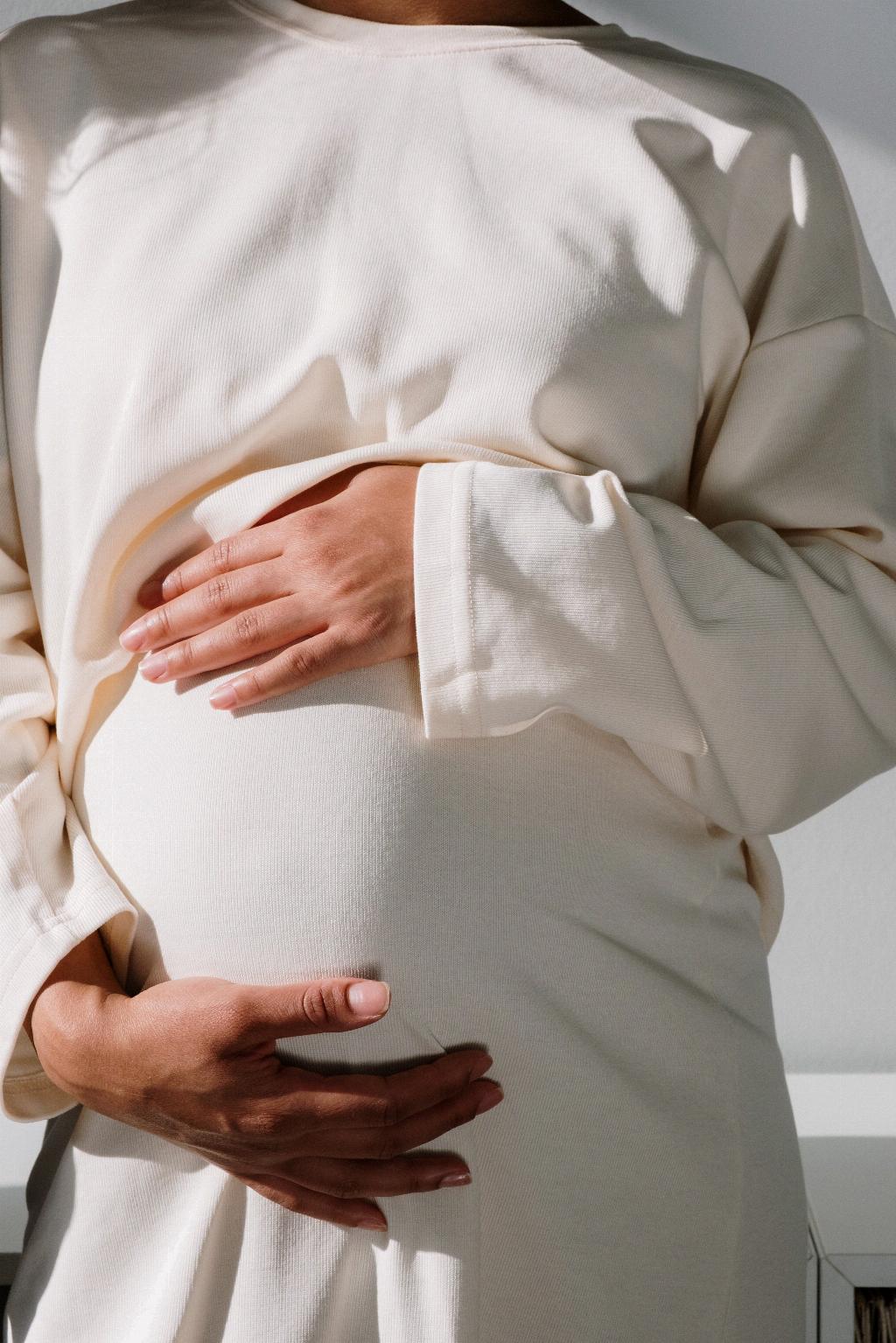Early pregnancy can bring about a range of physical changes in a woman’s body, and one of the common symptoms that many women experience is bloating. So, what does early pregnancy bloating feel like? Let’s delve into this discomfort that often accompanies the early stages of pregnancy.
Sensations of Early Pregnancy Bloating
Many women describe early pregnancy bloating as a sensation akin to a balloon that is inflated to its maximum capacity, ready to burst. This feeling of fullness and tightness in the belly can be quite uncomfortable, leaving women feeling like their abdomen is overly distended.
Physical Indications of Bloating
When experiencing early pregnancy bloating, your belly may feel hard to the touch, tense, and firmer than usual. Pressing on the abdomen might elicit sensations of pressure and tightness, indicating the presence of bloating.
Accompanying Symptoms
Aside from bloating, early pregnancy can bring about other digestive symptoms such as gas and constipation. These additional discomforts can exacerbate the feeling of bloating, making women further aware of changes in their bodies.
Causes of Early Pregnancy Bloating
During early pregnancy, hormonal changes play a significant role in causing bloating. The increase in progesterone levels can lead to relaxation of the muscles in the digestive tract, slowing down the movement of food and gases, ultimately resulting in bloating and gas retention.
Fluid Retention
Fluid retention is another common occurrence in early pregnancy, contributing to bloating. The body retains more fluids to support the developing fetus, and this excess fluid can pool in different parts of the body, including the abdomen, leading to bloating.
Impact on Clothing
Early pregnancy bloating can also manifest in changes in clothing fit. Many women find that their usual pants feel tighter around the waist, and favorite tops might seem snugger than before, reflecting the physical changes happening in their bodies.
Emotional Response
Dealing with early pregnancy bloating goes beyond the physical discomfort; it can also evoke emotional responses. Some women may feel self-conscious about their bloated appearance, while others may find reassurance in knowing that such changes are a natural part of pregnancy.
Alleviating Bloating Discomfort
While early pregnancy bloating is a common and expected symptom, there are ways to help alleviate the discomfort. Drinking plenty of water, eating fiber-rich foods, and engaging in light physical activity can all aid in promoting digestion and reducing bloating.
When to Seek Medical Advice
If bloating is accompanied by severe abdominal pain, fever, vomiting, or blood in the stool, it is crucial to seek medical attention promptly as these could be signs of a more serious underlying condition that requires evaluation by a healthcare provider.
Embracing the Changes
As challenging as early pregnancy bloating may be, it is essential to remember that these changes are part of the remarkable journey of growing and nurturing a new life within. Embracing the physical transformations, including bloating, is a testament to the strength and resilience of the female body.
Conclusion
In conclusion, early pregnancy bloating can evoke a range of sensations and emotions in women as their bodies undergo significant changes to support the developing fetus. Understanding the causes, symptoms, and ways to alleviate bloating discomfort can help women navigate this aspect of early pregnancy with greater ease and confidence.

